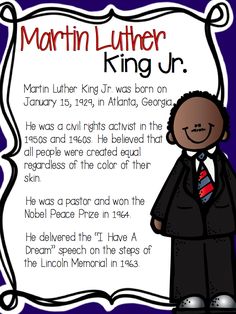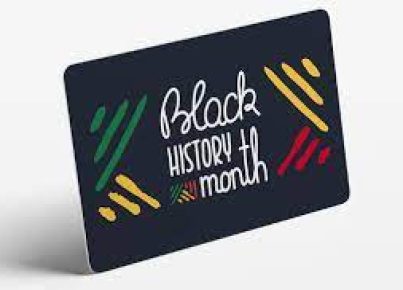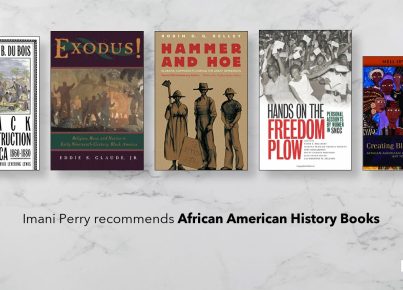1.Martin Luther King Jr. was born on January 15, 1929, in Atlanta, Georgia.
2.His birth name was Michael King Jr., but his father later changed both of their names to Martin Luther in honor of the German Protestant reformer.
3.He was exceptionally intelligent and skipped two grades in high school. He attended Morehouse College at the age of 15 before earning his doctorate from Boston University.
4.Dr. King’s iconic “I Have a Dream” speech took place during the March on Washington for Jobs and Freedom on August 28, 1963.
5.Martin Luther King Jr. was arrested over 30 times during his lifetime, usually for acts of civil disobedience.
6.He was awarded the Nobel Peace Prize at the age of 35 in 1964, making him one of the youngest recipients.
7.Dr. King was instrumental in the passage of the U.S. Civil Rights Act of 1964 and Voting Rights Act of 1965.
8.He was an advocate for economic justice and sought to fight poverty through supporting labor movements, arguing that racial equality could not be achieved without addressing economic disparities.
9.Dr. King opposed the Vietnam War and considered it a diversion from the nation’s focus on civil rights and social justice issues.
10.Assassinated on April 4, 1968, he died at only 39 years old, leaving behind a lasting legacy of championing human rights and equality.
11.The FBI monitored Dr. King extensively due to his activism and potential influence on American society.
12.His philosophy on nonviolence was influenced by thinkers such as Mahatma Gandhi and Henry David Thoreau.
13.Martin Luther King Jr.’s initial focus on civil rights included ending segregation in schools and public transportation systems through peaceful protests like bus boycotts.
14.Dr. King co-founded the Southern Christian Leadership Conference (SCLC) in 1957 to coordinate civil rights activism in the South.
15.Despite rumors regarding marital infidelities, Dr. King remained married to Coretta Scott King until his death, and they had four children together.
16.He is the only non-president to have a national holiday in his honor: Martin Luther King Jr. Day, observed annually on the third Monday of January.
17.Over 1,000 streets in America are named after Martin Luther King Jr., exemplifying his enduring impact on American society.
18.His final speech, called “I’ve Been to the Mountaintop,” was delivered on April 3, 1968; he was assassinated less than 24 hours later.
19.Dr. King’s assassination led to widespread riots throughout the United States and prompted further civil rights legislation.
20.In 1986, President Ronald Reagan signed a bill into law making Martin Luther King Jr. Day a federal holiday, honoring Dr. King’s relentless pursuit of racial and social equality.





